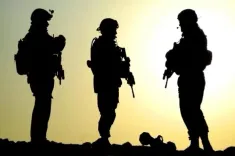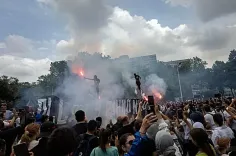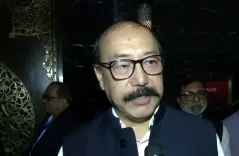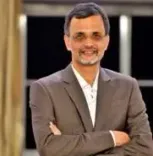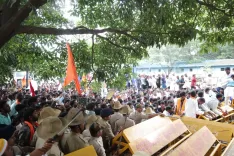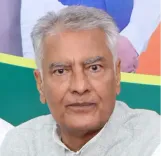Why is Pashupatinath Temple Closed Amid Protests in Nepal?
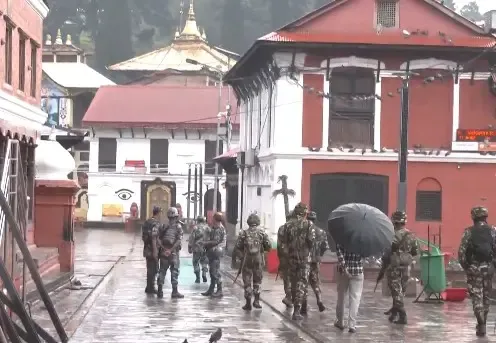
Synopsis
Key Takeaways
- Pashupatinath Temple closed due to violent protests.
- Nepalese Army deployed for security.
- Government lifted the ban on social media platforms.
- Major political resignations amid unrest.
- India increases border vigilance.
Kathmandu, Sep 10 (NationPress) The historic Pashupatinath Temple, one of Nepal’s most esteemed religious landmarks, has been shut to visitors on Wednesday due to escalating violent protests throughout the nation.
The Nepalese Army has been called in to ensure safety around the temple and preserve order.
This closure coincides with nationwide anti-government demonstrations that turned violent on Monday, predominantly led by youth opposing recent governmental actions.
The unrest intensified following the resignation of Nepal’s Prime Minister K.P. Sharma Oli on Tuesday, amidst increasing pressure. Protesters have targeted the homes of President Ramchandra Paudel and other senior political figures, even vandalizing the Parliament building.
Official reports indicate that at least 22 individuals have lost their lives and over 500 have been injured during clashes on Monday between protesters and law enforcement. These confrontations were sparked by widespread demonstrations against a ban on 26 social media platforms, which many view as an infringement on freedom of expression.
In response to the unrest, the government rescinded the controversial ban on social media platforms late Monday. Furthermore, Home Minister Ramesh Lekhak and several other ministers have resigned in light of the crisis.
The Nepalese Army began deploying troops late Tuesday in Kathmandu to manage the situation.
India has increased surveillance along its border with Nepal and has advised its citizens in Nepal to refrain from traveling and to stay indoors.
Prime Minister Narendra Modi held a meeting of the Cabinet Committee on Security (CCS) to address the escalating turmoil. He expressed deep sorrow over the loss of young lives and underscored the necessity for peace and stability in Nepal.
“Many young lives have been lost. The stability, peace, and prosperity of Nepal are critically important to us. I sincerely urge all my brothers and sisters in Nepal to advocate for peace,” PM Modi stated in a post on X.
Flights to and from the capital have been halted, and the Army has intervened to restore order.


